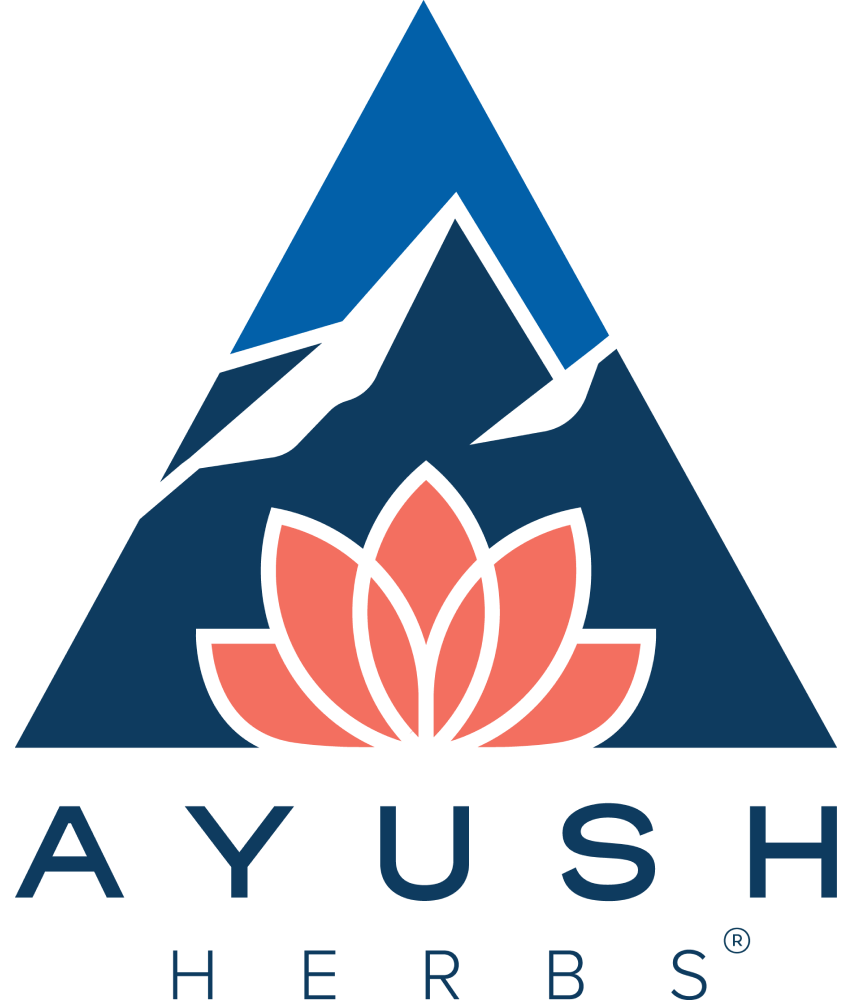Aging has been associated with a wide range of conditions such as cancer, ischemic heart disease, stroke, type 2 diabetes, neurodegenerative diseases, and others. One of the major factors that accelerate aging and cause degeneration of various systems is the shortening of telomeres.
Telomeres are DNA molecules found at the ends of chromosomes that serve as protective end caps to guard our genetic data. Telomeres (imagine the plastic caps on the ends of shoelaces) keep the chromosome material from deteriorating and/or fusing with other chromosomes. More importantly, telomerase, an enzyme that can repair and maintain the telomere length through replication, is critical for healthy cell function. The problem is that every time our cells divide, our telomeres shorten. When the telomere becomes too short, the chromosome reaches a "critical length" and can no longer replicate. Our genetic data becomes corrupted which causes the cell to malfunction and eventually die (apoptosis). It is well documented that telomere shortening is associated with the aging process.
The eventual shortening of telomeres is associated with cellular aging, or senescence. Several factors, including stress, increase the reduction in telomere size and aggravate the senescence process. Scientists have discovered that the multiple biochemical pathways of chronic stress dampen telomerase activity and accelerate telomere-shortening.[1] Therefore, maintaining their health is essential in preventing the signs of aging.
Ayurvedic medicine has many rejuvenating herbs, traditionally known as rasayana, which improve health, immunity, vigor, vitality, and longevity, as well as protect against stress. Ashwagandha, also known as Indian ginseng or Withania somnifera, is considered the foremost adaptogen in Ayurvedic medicine. The root of Ashwagandha is regarded is one of the most highly regarded and widely-used Ayurvedic herbs and is believed to promote energy, support the activity of the immune system, provide brain support, and improve overall health and longevity. Studies have shown that Ashwagandha also helps the body to recover from the energy loss and mood-altering effects of stress.[2]
Excitingly, Ashwagandha has showed promise towards maintaining telomere structure, which could help you looking and feeling younger. In an in-vitro cell culture model, ashwagandha root extract was shown to enhance telomerase activity by 45%.[3] The authors went on to say, “Given the exceptional necessity of the telomeres at the ends of the chromosomes for the maintenance and integrity of the chromosomes, it will be worthwhile to evaluate Ashwagandha under various adult onset disease conditions. Ashwagandha deserves to be evaluated as a potential anti-aging Ayurvedic herbal preparation in higher organisms and the potential mechanism needs to be investigated.”
[1] Wikgren M, Maripuu M, Karlsson T, et al. Short telomeres in depression and the general population are associated with a hypocortisolemic state. Biol Psychiatry. 2012 Feb 15;71(4):294-300.
[2] Archana R, Namasivayam A. Antistressor effect of Withania somnifera. J Ethnopharmacol. 1999;64:91-3.
[3] Vasantharaja Raguraman, Jamuna R. Subramaniam. (2016). Withania somnifera Root Extract Enhances Telomerase Activity in the Human HeLa Cell Line. Advances in Bioscience and Biotechnology 7(4):199-204
